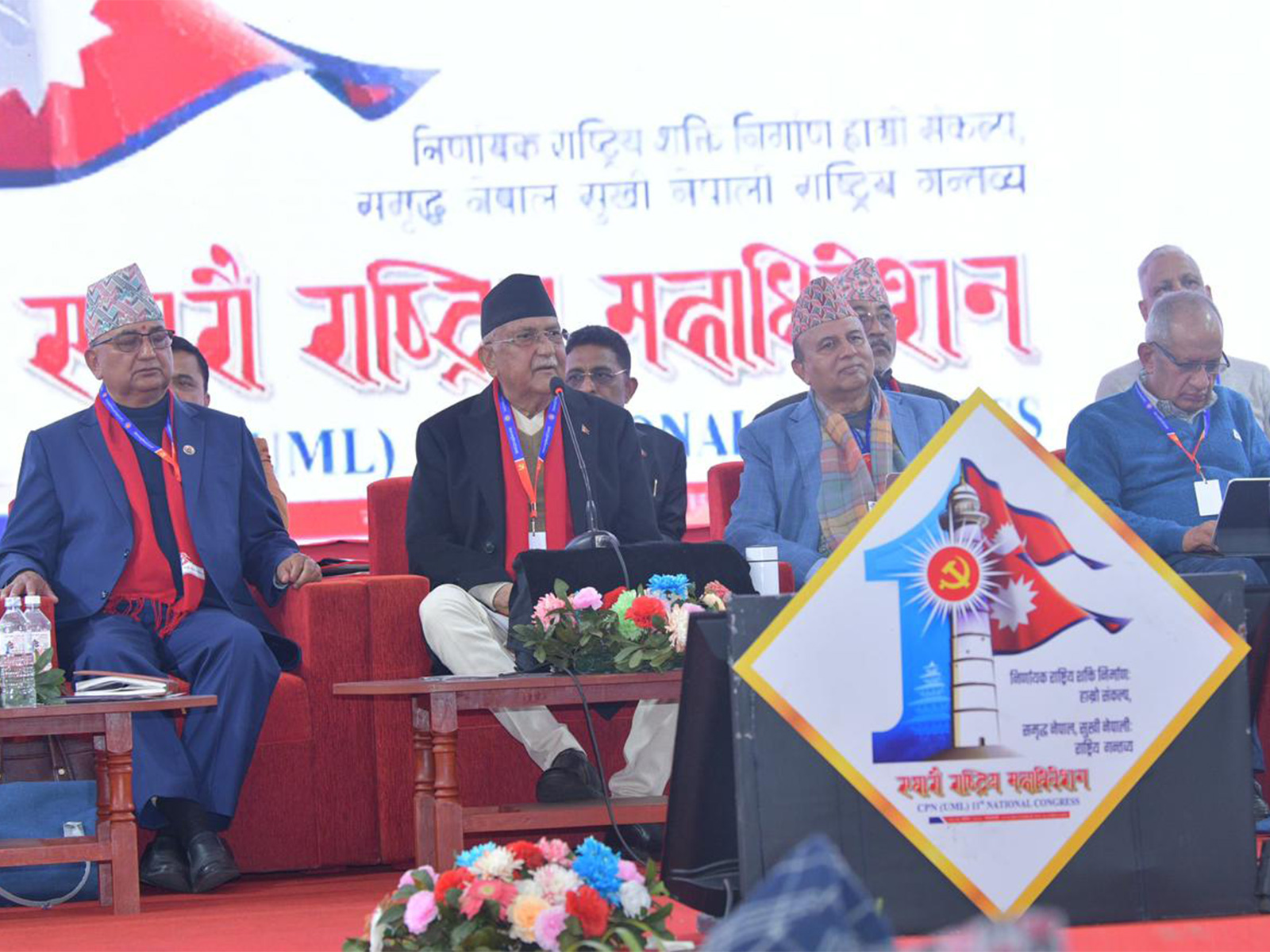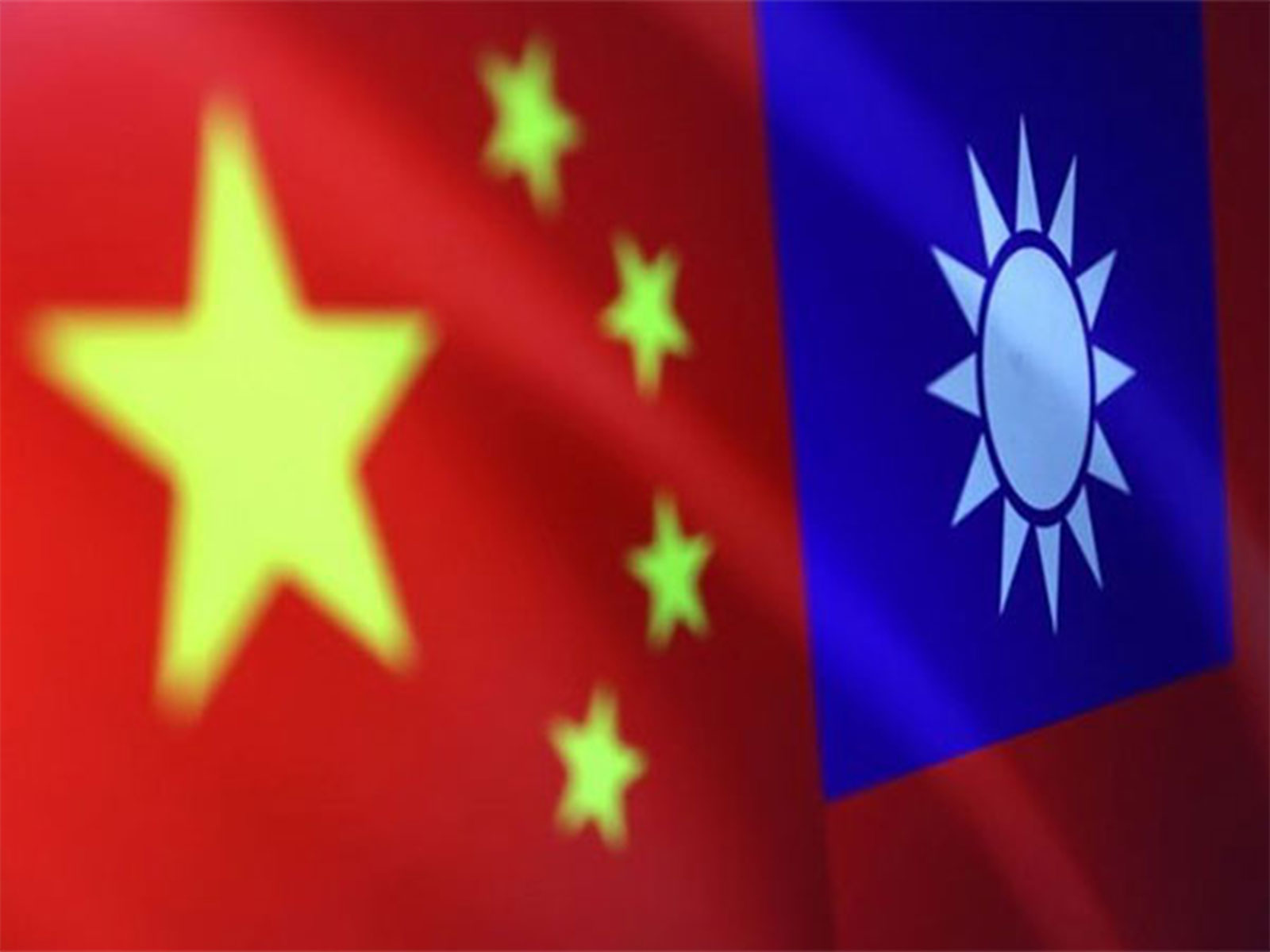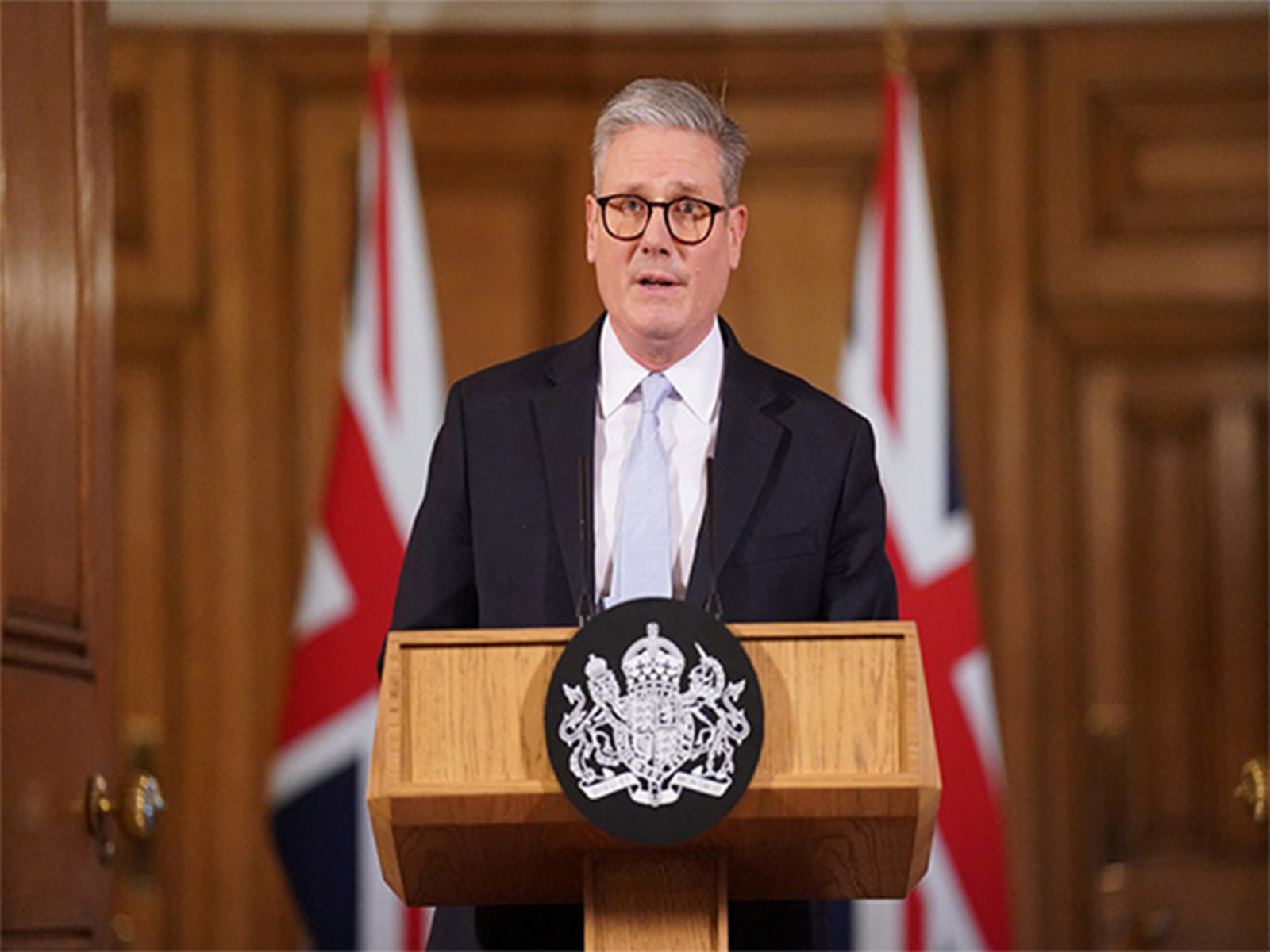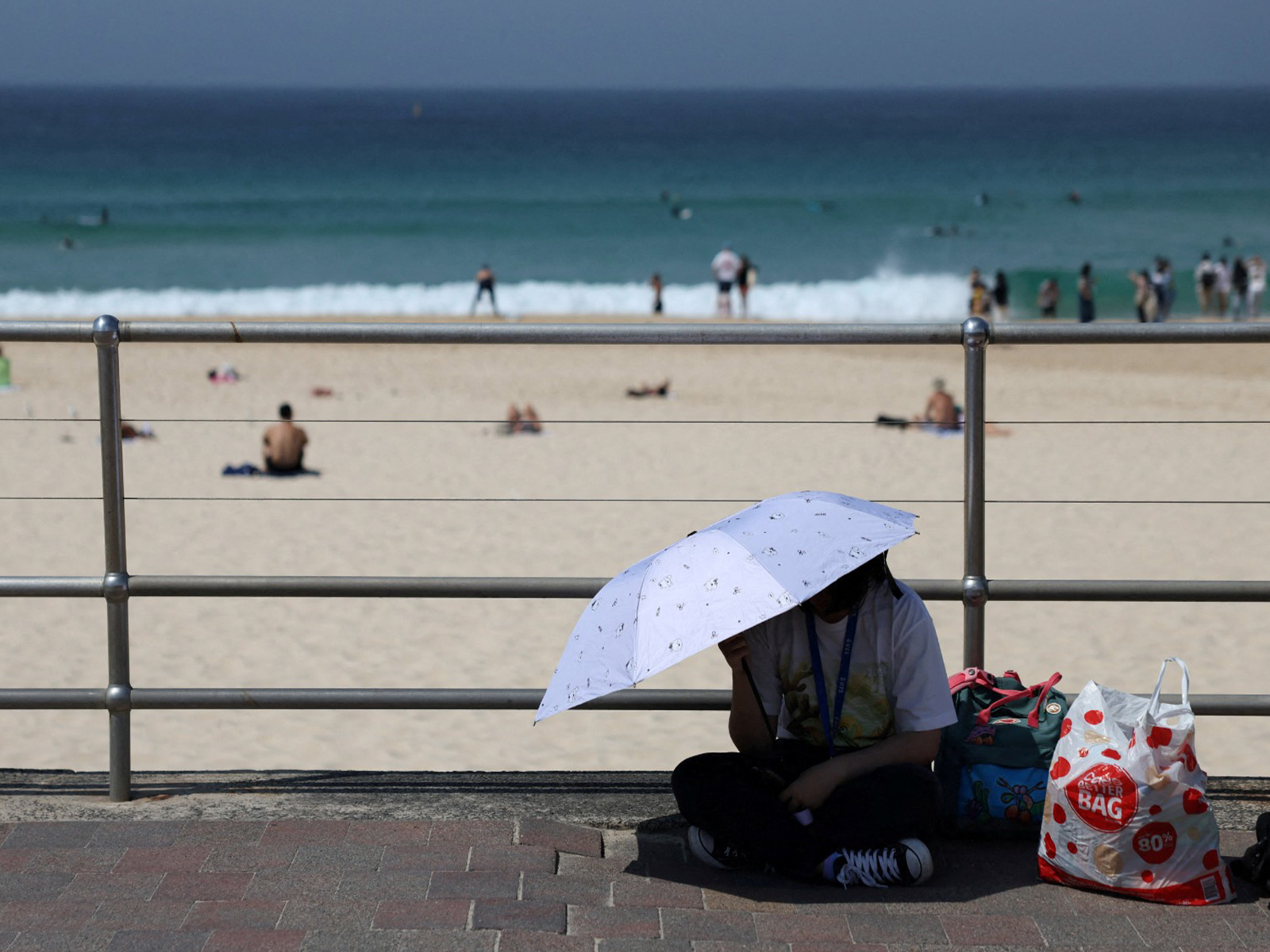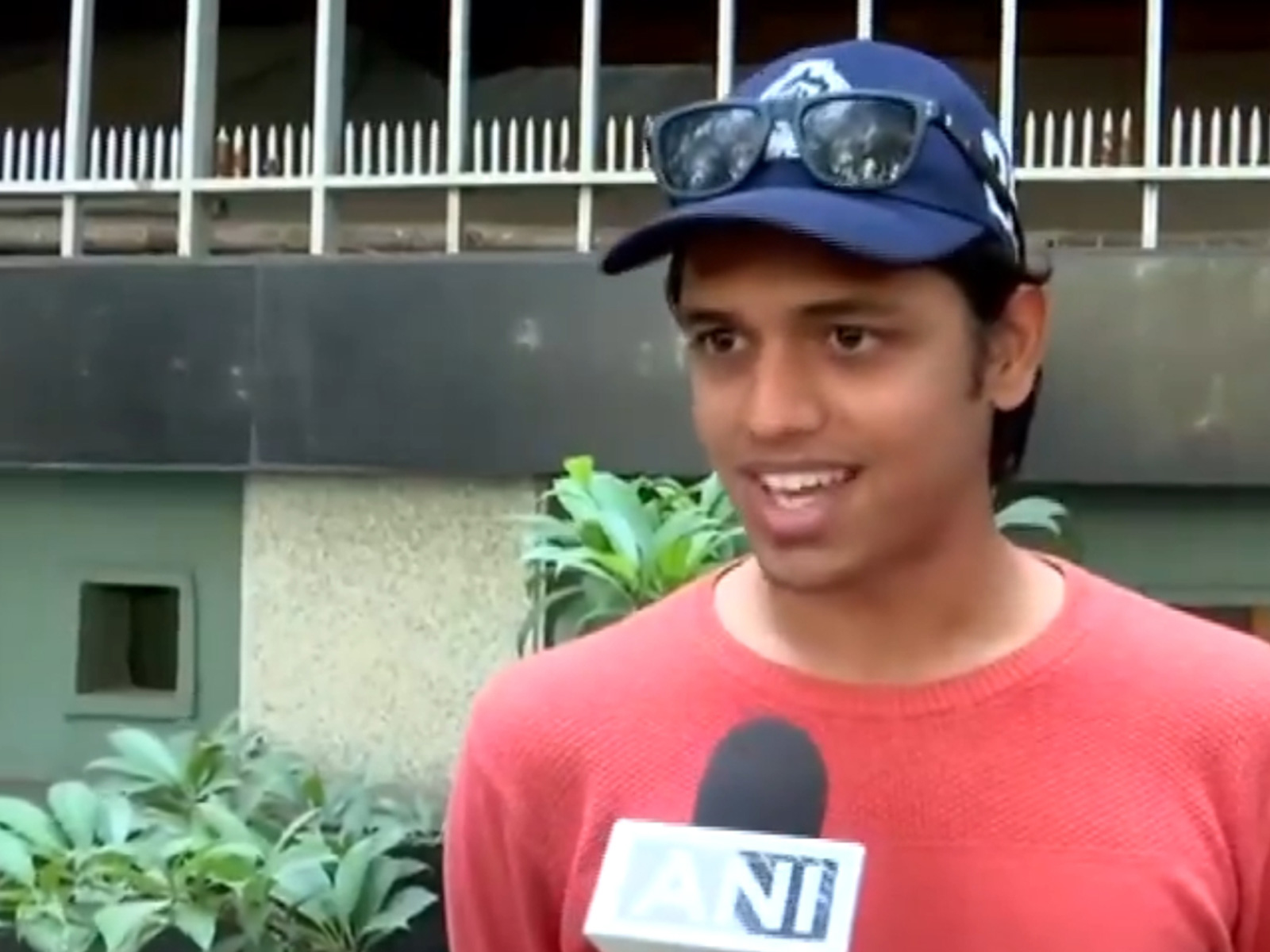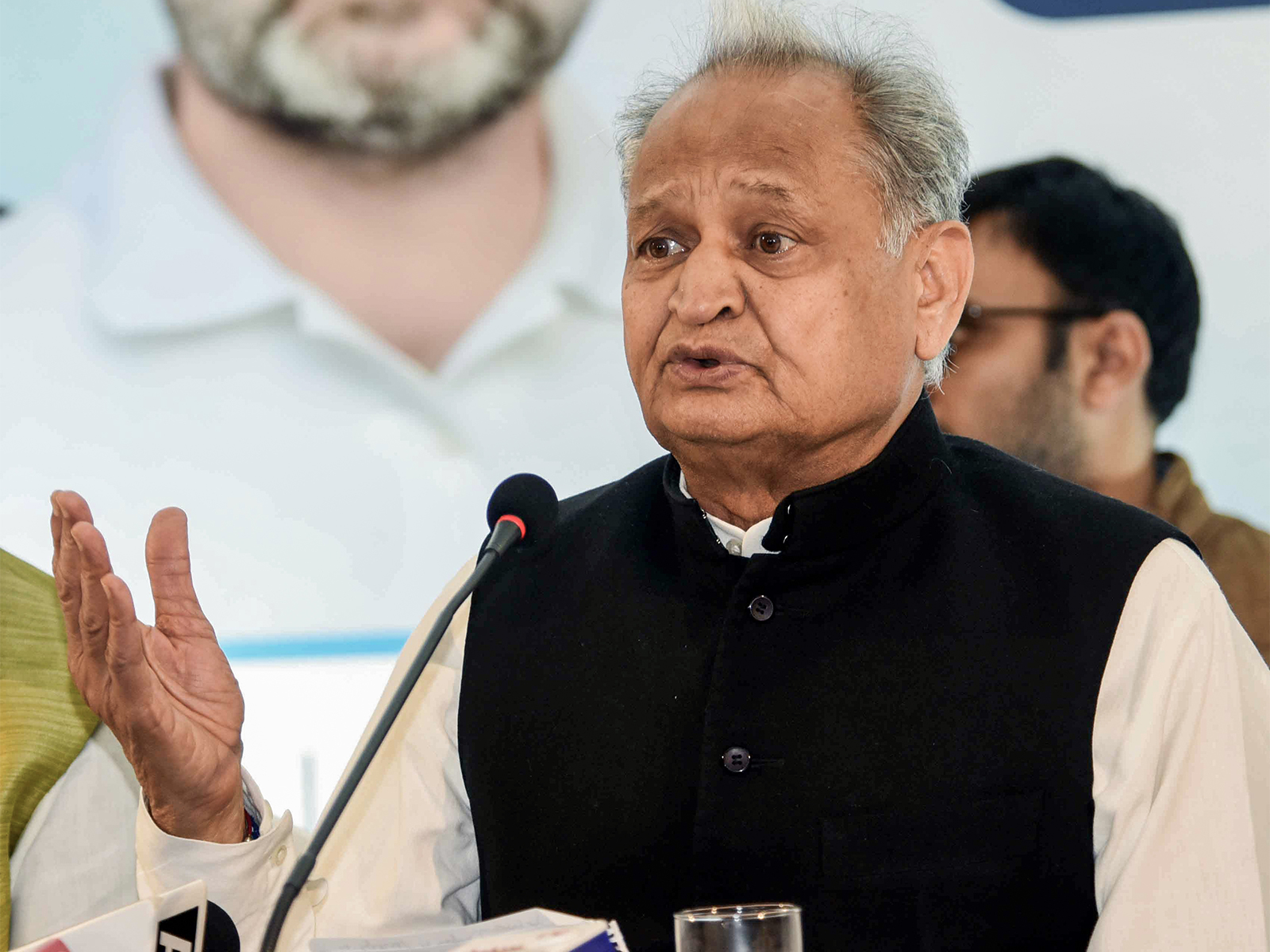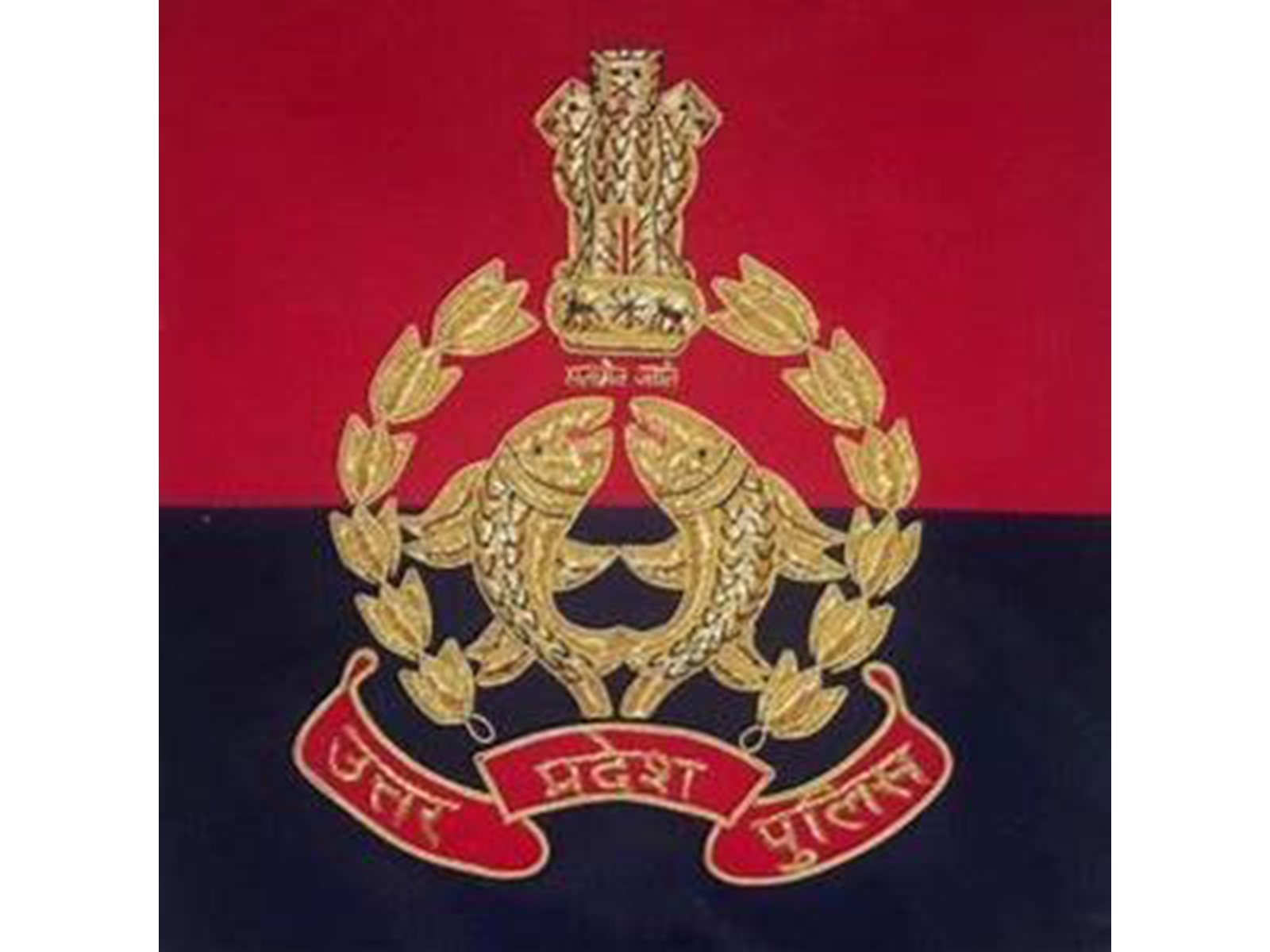Cracks appear in Xi Jinping's control over the CCP
Jun 16, 2020

Hong Kong, June 16 : Cracks are appearing over Chinese President Xi Jinping's hold over the Communist Party of China and the violent Clash with India at the Line of Actual Control (LAC) appears to be part of the plan to project Xi as a strong leader. China appears a strong nation under a decisive leader, an image carefully cultivated by propaganda and state-controlled media that present a single unified front. However, Chairman Xi Jinping's handling of the COVID-19 pandemic has exposed serious structural cracks in the facade of the Chinese Communist Party (CCP).
Analysing China's aggressive behaviour in recent times Adam Ni, a China watcher and co-founder of China Neican, commented, "Today, China is portrayed by some as monolithic, its ruling party malicious and its leaders Machiavellian sages bent on world domination. The reality is that China is fragmented, deeply contradictory, its leaders flawed and having a hard time just holding everything together."
Despite its orchestrated unity and clockwork nature, the much-delayed National People's Congress (NPC) further underscored the tectonic vibrations that Beijing's leaders are having to counter.
Scott Kennedy, Senior Advisor and Trustee Chair in Chinese Business and Economics at of the Center for Strategic & International Studies in the USA, described the economic outlook enunciated at the NPC as "pragmatic". He called the country's abandonment of growth forecasts as an "amazing, and in some ways revolutionary, step for China's governance, because the growth target is the North Star for China's economy".
He said it would be "disorienting" for everyone. If the CCP had set a growth target for 2020, it would be only 1.2%, according to International Monetary Fund estimates. Kennedy estimated that China has lost between 60 million and 100 million jobs because of COVID-19. Unemployment could impact all business sectors and reach 15%, which is a far cry from the 5.5% unemployment level China was aiming for when it started 2020.
Of course, the CCP's luminaries are well sheltered from such harsh realities. J. Michael Cole, Senior Fellow at the Global Taiwan Institute, tweeted, "...Remember this: the total net worth of the ~3,000 NPC delegates is a whopping US$470 billion or so. The wealthy class' greed, self-interest and symbiotic relationship w/ the CCP drive this ship."
According to Cole's estimate, each NPC delegate would, therefore, have an average net worth of nearly USD 160 million. This is perhaps the true "socialism with Chinese characteristics," where the entrenched elite grow richer and cling to power.
In addition to more clarion criticism of Chinese behavior from Western governments, there is growing demand from some quarters of the Chinese people for a much-needed change in their nation's trajectory. Of course, it is difficult to know how deeply rooted this sentiment is, given the Chinese populace's total lack of freedom to voice their concerns.
One of the most strident criticisms to come from a Chinese citizen was aired by China Digital Times, a US-based "bilingual media organization that brings uncensored news and online voices from China to the world". It recently published a private talk given by retired Chinese Central Party School professor Cai Xia, a legal scholar and long-time advocate for rights and the rule of law.
Currently outside her country, she had some harsh criticism for the CCP and its chairman, although she did not name Xi directly. She highlighted two foundational problems in China's current governance: its system and theory.
Referring to the current party system that elevated Xi to the top of the pile, Cai said, "This tells us that this system is going nowhere. It is useless to try and change it. Fundamentally speaking, this system must be abandoned."
She warned about Xi's 2018 power grab: "He took the Plenum Session of the 18th National Congress of the CCP hostage. Two days before the session, he rushed to throw out the term limit system. He forced everyone to swallow the revision like he was stuffing 'dog poo' down their throats. So many Central Committee members were at the session, yet not one dared to raise this issue."
Cai bravely continued to lambast her national leader: "And this one person, a central leader who has grasped the knife handle [police apparatus], the gun barrel [military] and faults within the system itself - that is: one, corruption among officials; and two, the lack of human rights and legal protection for party members and cadres. With these two grasped in his hands, he has turned 90 million party members into slaves, tools to be used for his personal advantage. When he needs it, he uses the party. When he doesn't need it, party members are no longer treated as party members. He can easily put you somewhere and label you as a corrupt official."
With all power dangerously vested in just one person, "He has become a total mafia boss who can punish his underlings however he wants. That's why I say that this party is already a political zombie."
She described the New Era of Socialism with Chinese Characteristics as "nonsense", especially when CCP members need to study Xi's writings as though they were divine text. "The country is using these lies to indoctrinate 90 million party members, and hold 1.4 billion Chinese people hostage."
Xi has also enshrined himself in party lore and regulations, so that any resistance becomes punishable. For example, Xi's thoughts contain the "Two Upholds" that state that all must uphold his "core position on the Party Central Committee and in the party as a whole", plus they must uphold "the Party Central Committee's authority and its centralized, unified leadership".
Continuing with Cai's remarks: "In the current state of affairs, it is impossible for anyone to remedy this dangerous situation, not to mention that he [Xi] is determined to continue down this path until the end. No matter who speaks, it won't work. I've thought about this problem. When he first came to power, he both covertly and overtly wanted to fan his personality cult in order to improve his prestige."
Majority rule is supposed to occur within the CCP, but this is far from true. She complained, "Right now, it is impossible for anyone to come forward and to change it. If it is possible to replace the person, that would be the first step. I think the best solution is of course to replace the person. ... But you can see what he is doing now: holding military power in his hand, holding the entire Central Political and Legal Affairs Commission and the police in his hands. Putting everyone under surveillance using high-tech tools. Who can come out and say, 'Let's solve this problem'? It's impossible."
Similarly, Adam Ni and Yun Jiang wrote in their China Neican commentary: "Despite the increasing economic choices available to the Chinese people, ultimately, access and allocation of resources are in the hands of the party-state."
They also pondered, "If Marx and Mao returned from the dead today, they would both be abhorred at what China has become, with its Frankenstein hybridity, combining (some of the better as well as some of the worst) elements of communism and capitalism. All in all, the party continues to scramble for ideological coherence, moral legitimacy and self-renewal in a race against time."
It is difficult to know how much Cai's bitter complaints resonate among Chinese people, for few are courageous enough to speak out, and opportunities for most to express themselves are almost non-existent.
Yet Cai believes that among the Chinese people, "Everyone knows in their hearts what's going on. The key is whether our high-ranking officials have the political courage to be accountable to the party and the people."
She thus urged the six other Politburo Standing Committee members to make a resolution and simply change the person in power. "...This is a signal, telling the outside world that we are moving in a different direction. As long as this person is still in charge, that environment will only get worse; it will not ease up on us."
However, she said this committee cannot be considered politicians as they have no sense of responsibility to the Chinese people. "I think they are just slaves under the command of one person ... If this person doesn't go, then our party has no chance." She said Wang Yang and Li Keqiang, two of these members, have been trying to minimize losses and alleviate the crisis, but that they are in a "tough spot".
Xi has "already atomized the entire Chinese society into scattered sand". "Society is being devastated, the ability to think is being devastated, the party is being devastated." For example, Xi's rigid policies are encouraging leading people to move their money and assets overseas to avoid the long reach of his arm. Moreover, the increasingly centralized system means party officials have reached paralysis. They do not want to make decisions because they must perform only "required actions" and toe the party line. Voluntary actions or showing any initiative is extremely risky, for they open up officials to criticism for being disloyal.
Cai herself does not see herself as being disloyal, for she sees her nation's way of life under threat because of Xi's paranoia. She warned that chaos breeds ruthless characters, and the academic wants China to stop going down this road.
Ni and Yun predicted about the mainland's future: "China's trajectory is neither linear nor determined, it can change. The pendulum is always swinging between liberalization and repression. Following the tragedy of the Maoist era, we saw economic opening and signs of political reform. The pendulum has swung the other way under Xi. The key question is how long before the pendulum changes direction yet again."
Cai was more forthright in her warning, however. "If we don't get rid of this person, we will witness the political system in free fall. We will wait for a hard landing, for society to collapse, and then start over. I think there is a large likelihood that that is going to happen. I personally think that by the end of this year, or the first half of next year, the economy will completely collapse. When that time comes, we will see what becomes of this country. Although we are feeling a lot of external pressure at this moment, he can probably still weather the storm for a while, because there is still money to squander. But when there is no more money to squander, when he can no longer bear it, when domestic conflicts boil over, then we shall see."
While Beijing is sensitive to international ridicule and criticism, it will only be domestic resistance that can topple Xi. Despite his ruthless suppression of dissidents and any form of criticism, more and more Chinese are speaking out against his policies. Another prominent scholar to rail against his tyrannical "new era" is Tsinghua University law professor Xu Zhangrun.
Another to become vocal in recent weeks is Elmer Yuan, a Hong Kong businessman who is articulate in his criticism of the CCP. He has been calling for the USA to "save the children of Hong Kong".
In another interesting move outside China, and designed to coincide with the anniversary of the 1989 Tiananmen Square Massacre, fugitive Chinese billionaire businessman Miles Guo and former White House chief strategist Steve Bannon declared a "New Federal State of China", whose sole purpose is to "overthrow the Chinese government".
Instead of showing compassion for the rest of the world when a bumbling Xi failed to contain COVID-19 in Wuhan, China instead lashed out. Rather than empathy, it showed aggression. This has turned many away, and revealed the CCP's true colors. Xi also continues to tighten the screws on Hong Kong with a new national security law that will repress freedom of speech and the ability to criticize the government.
Xi sees himself as entirely indispensable to China's future. Yet perhaps we are now seeing growing numbers of Chinese that believe otherwise, that his entire removal from the throne of power is indispensable for China to truly prosper.
